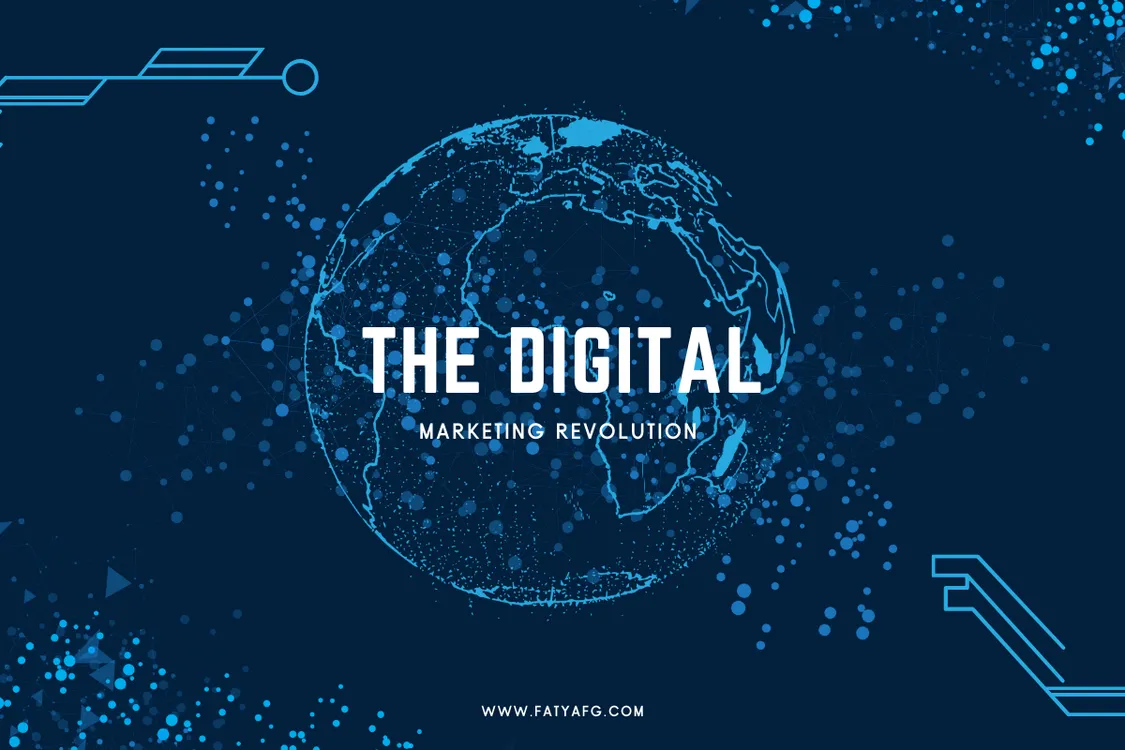In today’s fast-paced Digital World, businesses are constantly seeking ways to stand out. This is where Digital Marketing comes in a field that involves leveraging online tools and platforms to reach audiences and drive Business Growth. But what exactly is Digital Marketing, and why is it so crucial for businesses, big and small? This beginner’s guide will answer these questions and delve into the strategies, tools, and types of digital marketing to give you a comprehensive overview.
What is Digital Marketing?
Digital Marketing refers to the promotion of products or services using Digital Channels such as Websites, Social Media, Email, Search Engines, and more. Unlike Traditional Marketing Methods, Digital Marketing allows companies to connect with their audience in a direct, targeted, and measurable way.
Some key elements of Digital Marketing include:
- Content Marketing
- Search Engine Optimization (SEO)
- Social Media Marketing (SMM)
- Email Marketing
- Pay-Per-Click Advertising (PPC)
- Affiliate Marketing
- Influencer Marketing
Each of these Elements Works individually but also in sync to create a cohesive Digital Marketing Strategy.
The Importance of Digital Marketing
In the modern marketplace, the majority of consumers start their purchasing journey online. Whether researching a product, reading reviews, or making a purchase, digital interactions have become crucial. Digital Marketing meets consumers where they are and provides real-time engagement.
Key Benefits of Digital Marketing:
- Cost-effective – Compared to traditional methods, digital marketing often proves to be more affordable.
- Highly Measurable – Tools like Google Analytics allow companies to track performance metrics accurately.
- Targeted Reach – Digital marketing enables segmentation based on demographics, behaviors, and interests.
- Increased Engagement – Digital platforms allow for two-way interaction with audiences.
Key Components of Digital Marketing
1. Content Marketing
Content marketing focuses on creating and sharing valuable content to attract and retain a specific audience. Types of content include blog posts, articles, videos, infographics, and podcasts. Content marketing not only boosts brand awareness but also positions your business as an authority in your industry.
- Why It Matters: Quality content can improve SEO rankings and keep audiences engaged longer.
- Best Practices: Regularly post valuable, relevant content, use storytelling, and create shareable content.
2. Search Engine Optimization (SEO)
SEO involves optimizing your website to improve its ranking in search engine results pages (SERPs). It encompasses various techniques, such as keyword research, on-page SEO, off-page SEO, and technical SEO, to ensure your website is both search-engine-friendly and user-friendly.
- Why It Matters: Higher search engine rankings can increase organic traffic to your site.
- Best Practices: Conduct thorough keyword research, optimize for mobile, and focus on user experience.
3. Social Media Marketing (SMM)
Social media platforms like Facebook, Instagram, LinkedIn, and Twitter are essential tools in digital marketing. Social media marketing involves creating and sharing content to promote products, engage with audiences, and build brand loyalty.
- Why It Matters: Social media has billions of active users, making it a powerful tool for visibility.
- Best Practices: Know your audience, be consistent, and utilize analytics to measure results.
4. Pay-Per-Click (PPC) Advertising
PPC advertising allows businesses to display ads on search engines and pay a fee only when the ad is clicked. Google Ads is the most widely used platform for PPC campaigns, targeting users based on search terms.
- Why It Matters: PPC provides immediate results and precise targeting.
- Best Practices: Optimize keywords, create compelling ad copy, and adjust bids for performance.
5. Email Marketing
Email Marketing is one of the most direct forms of Digital Marketing, allowing brands to send promotional content, updates, and personalized messages to subscribers.
- Why It Matters: Email Marketing is effective for building relationships and driving conversions.
- Best Practices: Segment your Email list, personalize messages, and avoid spamming.
6. Affiliate Marketing
Affiliate Marketing allows businesses to partner with affiliates who promote their products. In return, affiliates receive a commission for each sale they generate.
- Why It Matters: It’s a cost-effective way to reach new audiences.
- Best Practices: Choose affiliates who align with your brand and monitor their performance.
7. Influencer Marketing
Influencer Marketing leverages individuals with large followings to promote products or services. Influencers act as brand ambassadors and can drive significant traffic and awareness for a brand.
- Why It Matters: Influencers often have strong relationships with their followers, which can improve brand trust.
- Best Practices: Choose influencers who align with your brand and set clear objectives for the campaign.
SEO for Beginners
Understanding SEO is crucial for digital marketing success. SEO involves using keywords, optimizing website speed, and enhancing user experience to rank higher in search results.
Tips for Implementing SEO:
- Keyword Research: Use tools like Google Keyword Planner or Ahrefs to find relevant keywords.
- On-Page SEO: Optimize meta titles, descriptions, and image alt tags.
- Link Building: Gain backlinks from credible websites to improve domain authority.
Creating a Digital Marketing Strategy
- Define Your Goals – Decide if you want to increase brand awareness, drive traffic, or generate leads.
- Identify Your Target Audience – Define your audience’s demographics, interests, and behavior patterns.
- Choose the Right Channels – Select channels based on your audience’s preferences.
- Create Quality Content – Engage your audience with valuable, relevant content.
- Measure and Optimize – Use analytics tools to track performance and make adjustments as needed.
Tools to Boost Your Digital Marketing Efforts
- Google Analytics: Track website traffic, audience behavior, and conversions.
- HubSpot: A comprehensive CRM with email marketing, SEO, and social media tools.
- Canva: Design visuals for social media, ads, and email marketing.
- Ahrefs: A robust tool for SEO, keyword research, and competitor analysis.
- Hootsuite: Manage social media platforms and schedule posts in advance.
Challenges in Digital Marketing
- Staying Updated: The digital landscape evolves quickly, requiring constant learning.
- Data Privacy: Adhering to data privacy regulations, like GDPR, is essential.
- Content Saturation: It’s becoming harder to stand out as more brands engage online.
- Budget Constraints: Small businesses may struggle to compete with larger budgets.
Conclusion
Digital Marketing is an essential tool for modern businesses, offering a range of strategies to engage with audiences, boost visibility, and drive sales. By understanding the basics of Content Marketing, SEO, Social Media, Email, and PPC Advertising, even beginners can develop effective strategies that align with their goals. Digital marketing is all about experimentation and continuous improvement, so get started and see how digital strategies can transform your business!



